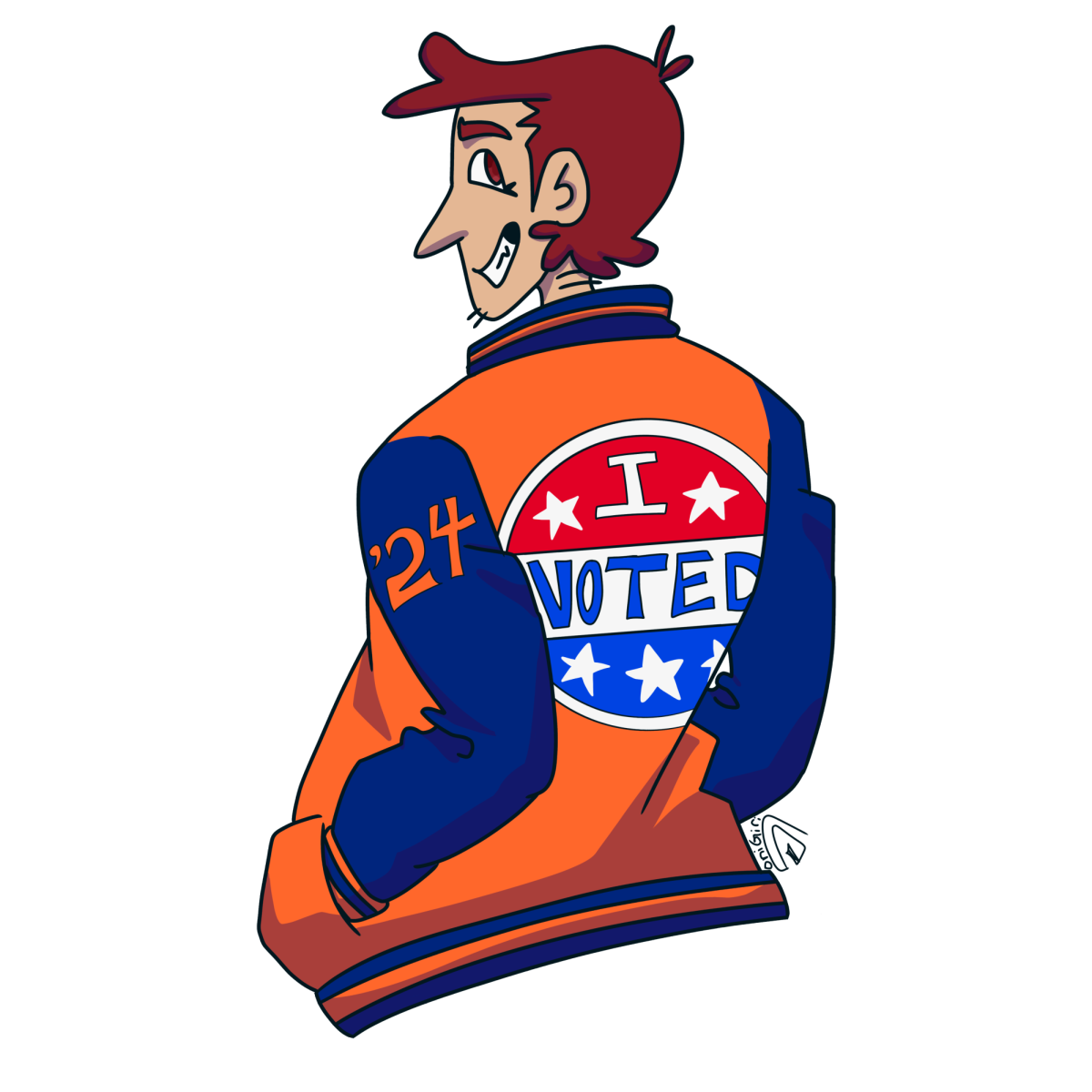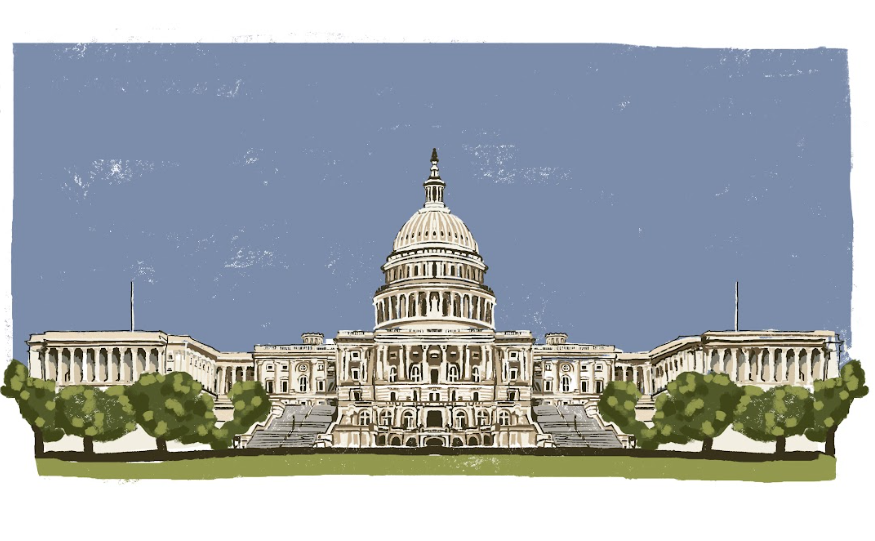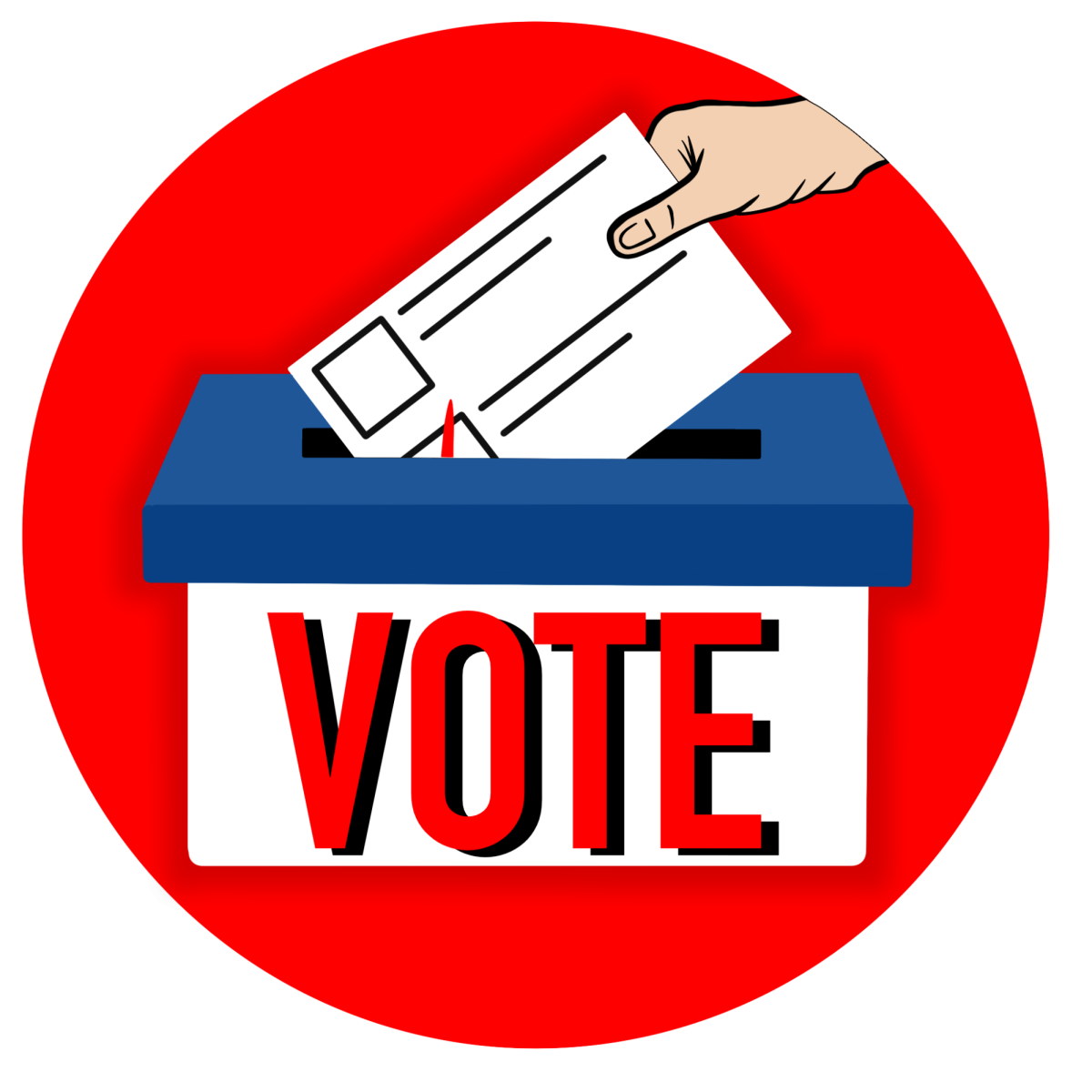As the 2024 election concluded, the term “bro vote” has been used across the internet, referring to the voting bloc of men under 30. While young men have been politically inactive in the past, and young voters tend to lean left, Trump’s victory has brought them into the spotlight of post-election discourse, with many deeming them the tipping point for the right.
Although the bro vote was coined just this election, its power has been building over the past decade as social media has supplanted traditional journalism. Online, left-leaning hubs embraced the #MeToo movement and cancellations, favoring identity politics that valued the rights of its constituents. At the same time, men disillusioned in the democratic party flocked to the “Manosphere” — a safe haven for tech and frat bros governed by the likes of Andrew Tate, Adin Ross, Jake Paul and Joe Rogan.
All it took was someone who the bros saw as their own to mobilize them. Trump, who was ringside at the UFC, interviewed by Joe Rogan and on livestream with Adin Ross, was their pick.
Men showed out in droves on election day. Polls show that men 18-29 favored Trump, a notable shift from 2020’s election results. 24 hours later, Dana White stood by President-elect Trump calling Joe Rogan “mighty and powerful.”
It is not surprising why a historically privileged group of men would be attracted to Trump, whose platform is buoyed by a sea of misinformation. Trump’s story seems to reflect many of these men’s own. He committed sexual abuse. He espoused blatant misinformation. He will once again be president.
The “bro vote” does not have to think about the implications of their vote as most of them already enjoy society’s highest privileges. They do not have to face the loss of autonomy and the fear of deportation that Trump’s platform represents, nor do they care. The price of gas and groceries eclipse the livelihoods of other people.
Beyond the next four years, the decidedly red “bro vote” portends a bleaker America. The decline of traditional news and, in turn, the rise of curated social media streams has given impetus to misinformation. Media literacy is compromised. Political fractures have yet to heal.
Americans too often have a habit of blaming the media for their predicament. It is time to take a look in the mirror.











